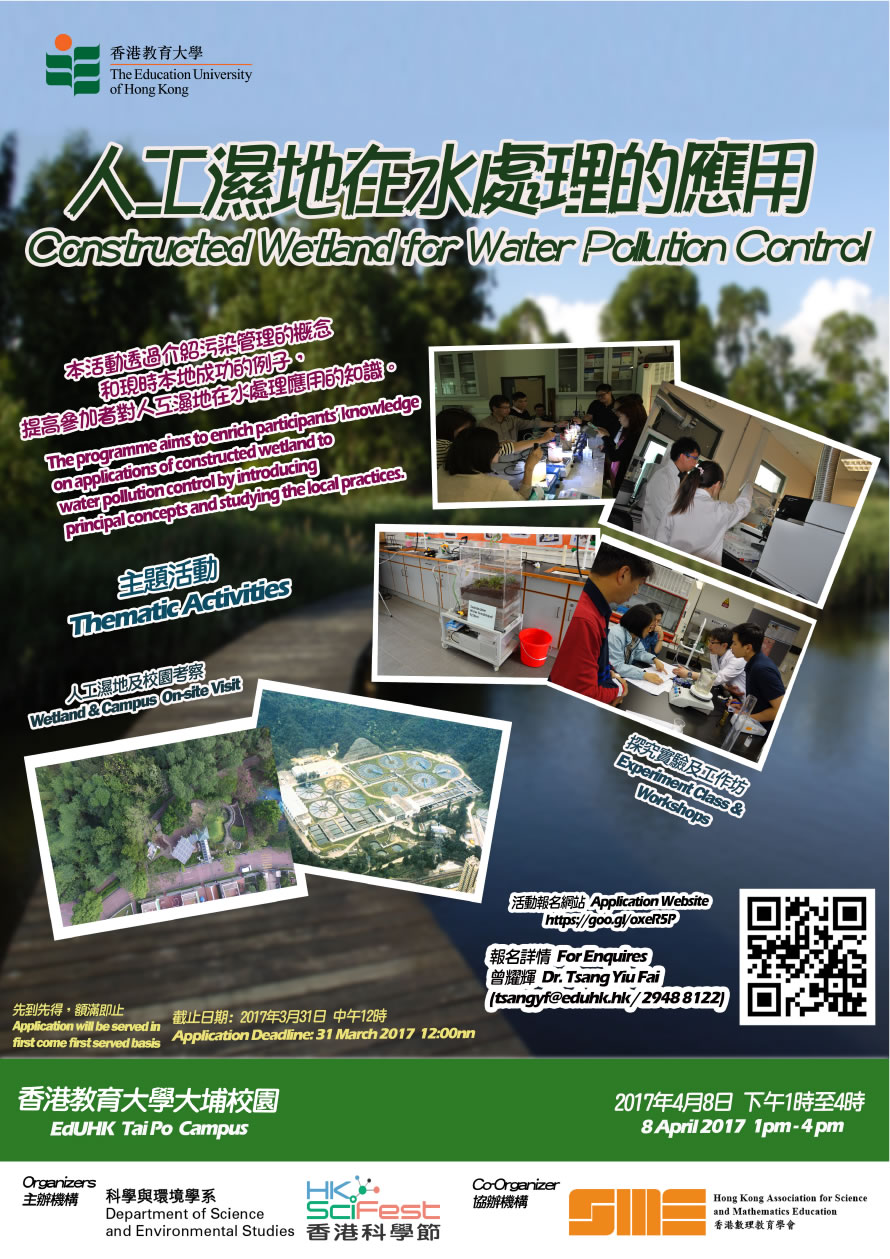

 |
Outstanding Scholar’s Research Seminar
Order from chaos: A real-world metric to assess sorbent performance for sub-ppm airborne benzene removal
|
Speaker |
Prof. Ki-Hyun Kim, Hanyang University, Korea |
|
Session Chair |
Dr. Tsang Yiu Fai/ Dr. Lee Yeung Chung |
|
Date and Time |
29 January 2018 (Monday) 3:00 pm – 4:00 pm |
|
Venue |
D3-P-02, Tai Po Campus |
|
Language |
English |
Abstract
Numerous materials have been developed and introduced as air quality treatment media for various gaseous pollutants including key volatile organic compounds like benzene based on diverse mechanisms (capture and catalytic degradation). To assess the best sorbents available in real-world treatment of airborne volatile organic compounds (VOCs), we explored four sorbent performance metrics (10% breakthrough volume, space velocity, regeneration cycles, and cost) against benzene, a representative VOC, using well-known sorbents such as activated carbons, metal-organic frameworks (MOFs), Tenax TA, and Carboxen-1000, in the partial pressure (Pbenzene) range 0.01 – 1 Pa. Sorbents were first screened out using the Anna Karenina principle and the best remaining sorbents were then further assessed in terms of a figure of merit. Accordingly, some common materials (e.g., activated carbons) have the potential to outperform novel materials like MOFs. Despite claims of superior sorption capacities, the use of MOFs for actual air quality management (AQM) in the Pbenzene <10 Pa region is very unlikely as data were generally collected under unrealistic Pbenzene (e.g., >5,000 Pa). The use of metrics appropriate to real-world conditions is thus critical for selecting sorbents.
About the Speaker
Prof. Ki-Hyun Kim was at Florida State University for an M.S. (1984-1986) and at University of South Florida for a Ph.D. (1988-1992). He was a Research Associate at ORNL, USA (1992 to 1994). He moved to Sang Ji University, Korea in 1995. In 1999, he joined Sejong University. In 2014, he moved to the Department of Civil and Environmental Engineering at Hanyang University. His research areas broadly cover the various aspects in the field of “Air Quality & Material Engineering” in connection with advanced novel materials like Coordination Polymers. He was awarded as one of the top 10 National Star Faculties in Korea in 2006. He is a serving editorial board member of several journals (e.g., Environmental Research, Atmospheric Pollution Research, and Sensors). He has published more than 500 articles, many of which are in leading scientific journals like ‘Chemical Society Reviews’, ‘Progress in Material Science’, ‘Progress in Polymer Science’, ‘Coordination Chemistry Reviews’, and ‘Trends in Analytical Chemistry’.


|
2018年 01月 29日 |

|
15:00 - 16:00 |




